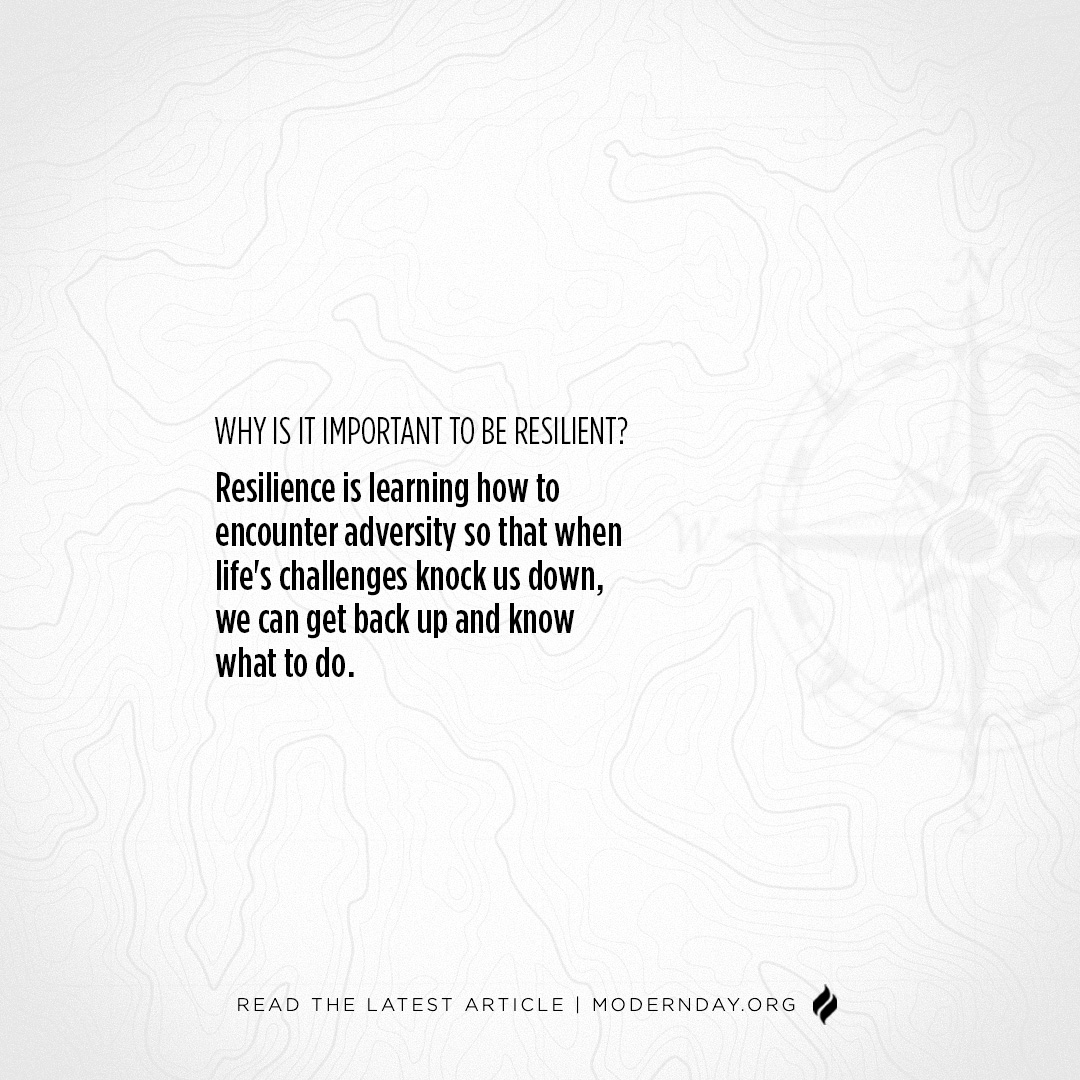Once I encountered a tourist here in Kailua-Kona, Hawaii, who said, “I refuse to believe” the Judeo-Christian portrayal of God’s character and nature. He didn’t say “the Bible’s theology is unbelievable.” Rather, he refused to believe it and explained how distasteful he found Yahweh to be. I tried to gently point out that his objections weren’t intellectual (as he had initially claimed) but personal. Shortly after that, the man angrily walked away.
I have often been disappointed in myself when I have “failed” to convince hostile listeners of the Gospel’s validity, but Christians shouldn’t automatically blame themselves for such occasions. Rather, we should mourn them. People who harden their hearts against our Gospel proclamations are not actually refusing to listen to us. Far worse — they are refusing to listen to God. Those who reject the Good News (no matter who is preaching it) are said in the book of Hebrews to “refuse Him who is speaking … from heaven.”1 That is referring to Jesus. This manifestation of the fallen human condition is also something that Christ confronted directly.
Jesus once criticized those who, He said, “refuse to come to Me that you may have life.”2 It wasn’t necessarily that they found Jesus’ claims about His divine identity implausible. Jesus was critiquing those who should have clearly recognized Him for who He was because they were scholars of the very Scriptures “that bear witness about Me.”3 Likewise, although their forefathers also had sacred truth handed down to them, God lamented that “they refuse to know Me.”4 It’s an attitude that is all too common.
Unfortunately there will always be those for whom it could be said, they “refused to love the truth and so be saved.”5 Yet even though Christians might fail to understand how hostile listeners could be edified by Gospel conversations, God apparently has a purpose for those dialogues. Likewise, about 2,600 years ago God commanded His prophet Ezekiel to approach an unfriendly audience and “speak to them and say to them, ‘Thus says the Lord God,’ whether they hear or refuse to hear.”6 God loves people so much that He wants them to hear the truth even if many of them reject His kindness.
- Hebrews 12:25
- John 5:40
- John 5:39
- Jeremiah 9:6
- 2 Thessalonians 2:10
- Ezekiel 3:11
If you would like to make a financial contribution to Raymond Billy, Click Here.







